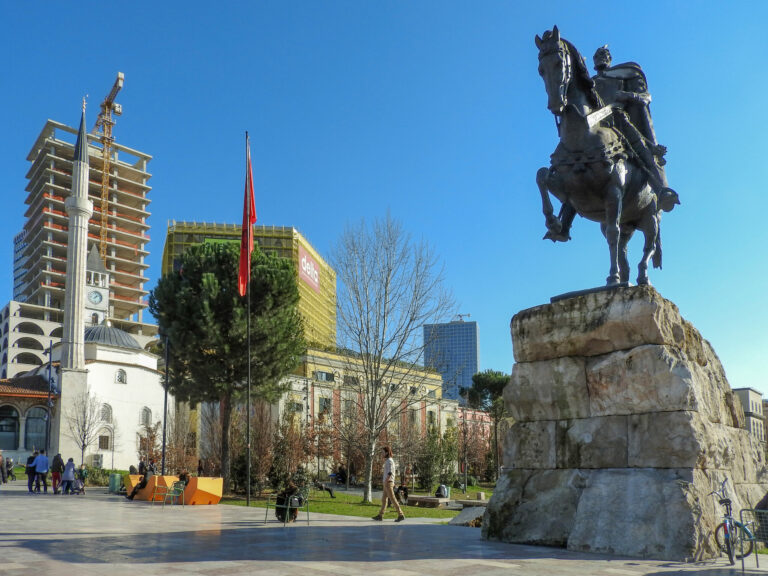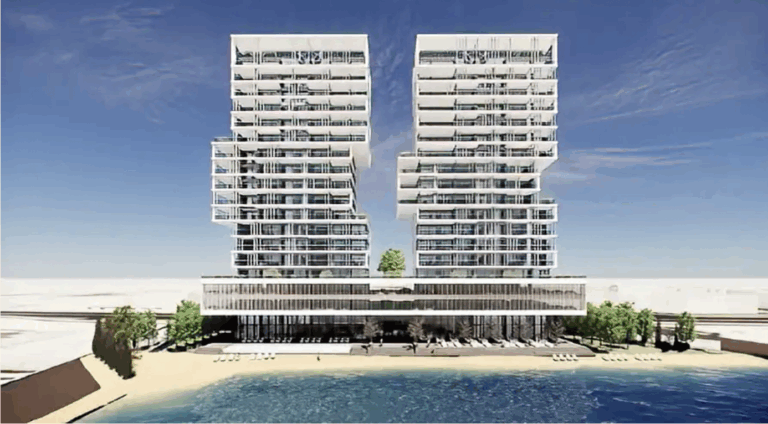A yearlong celebration of Euro-Mediterranean identities and cooperation
The Euro-Mediterranean region boasts a rich and diverse heritage, shaped by centuries of cultural exchange. A melting pot of different languages and traditions, the region shares a heritage and a deep sense of identity and belonging. Today, this legacy continues to inspire our shared values and aspirations, reminding us of the importance of building bridges and fostering understanding between cultures.
In that spirit, the 43 Member States of the Union for the Mediterranean launched the “Mediterranean Capitals of Culture & Dialogue” during their 7th Regional Forum in November 2022.
Based on the call of Ministers of Culture of the Euro-Mediterranean region on 17 June 2022 in Naples, as well as the recommendation of more than 200 young representatives from the civil society of over 20 countries at the Forum des Mondes Méditerranéens on February 2022 in Marseille, this initiative was shaped to further promote the diversity and shared identity and contribute to a better mutual understanding of its peoples.
Meet the two Mediterranean Capitals of Culture and Dialogue 2025
Tirana the perfect first Mediterranean Capital of Culture and Dialogue:
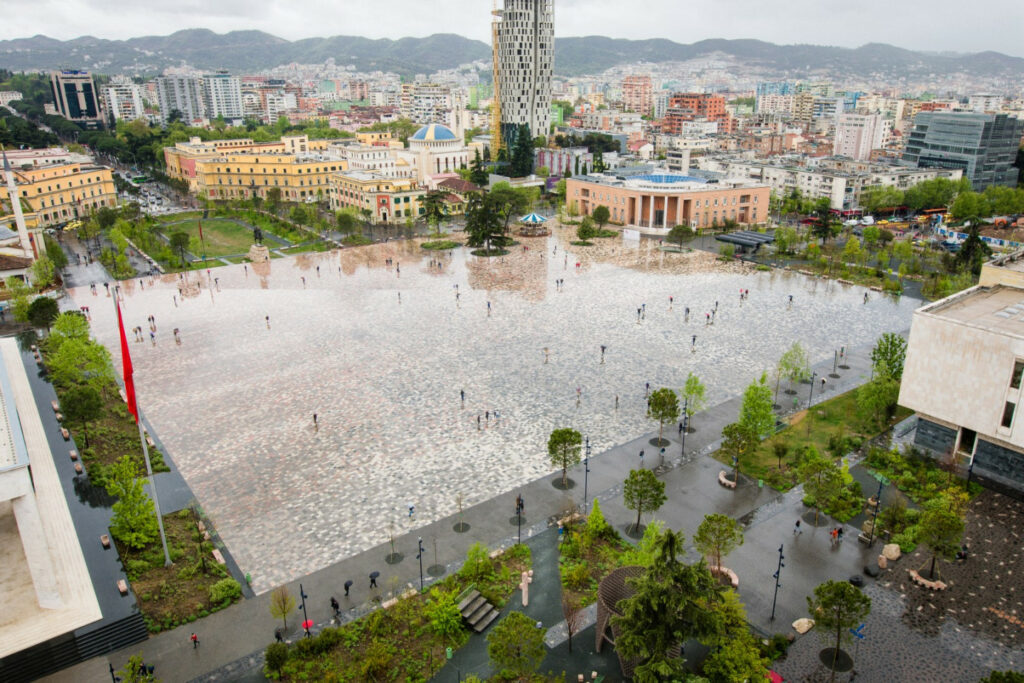
- Tirana’s MediTIRANEan Bridges programme consists of 4 pillars: cultural exploration, enhancing artistic creativity, digitalising cultural heritage and sustainable cultural tourism. All four embrace its rich and diverse heritage and contemporary art expressions, foster intercultural dialogue in the region, and integrate eco-friendly practices into all events.
- Collaborative projects between local and Euro-Mediterranean artists and cultural practitioners will be at the heart of the programme. Virtual exhibitions, online forums, and interactive storytelling will enable broader participation, and partnerships and collaborations will be established with cultural institutions from other Euro-Mediterranean countries. The Municipality of Tirana will also forge collaborations with Alexandria that will involve joint artistic productions, co-curated exhibitions, and shared initiatives.
- There will be an open call for civil society organisations and educational institutions that want to host activities within the programme. Youth-centric workshops, mentorship programmes, and platforms for artistic expression will be integral to the programme’s strategy as well as initiatives that empower young artists to ensure its inclusiveness.
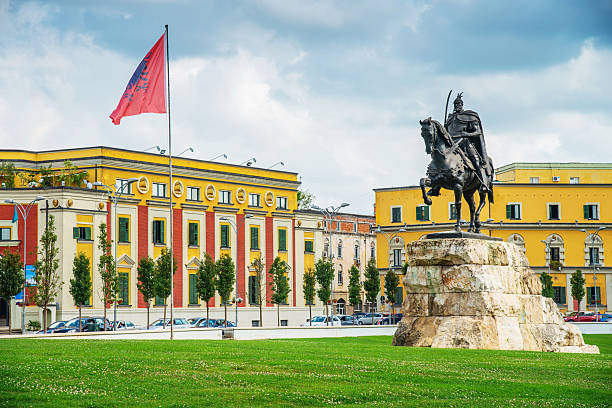
ALEXANDRIA, EGYPT
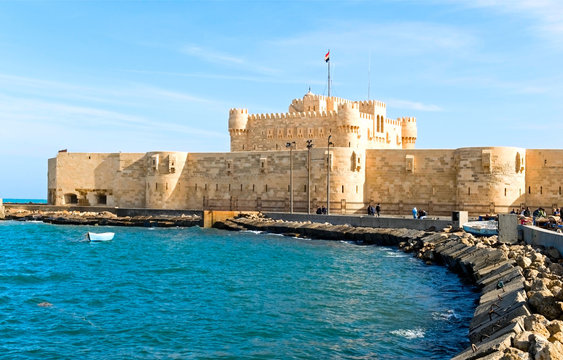
Alexandria, known as the Pearl of the Mediterranean, has a long history of supporting intellectual and cultural creativity. The city strives to deepen intercultural dialogue, promote the values of tolerance and respect, and create opportunities for cultural exchanges across the Mediterranean Basin, making it an ideal Capital of Culture and Dialogue in the region.
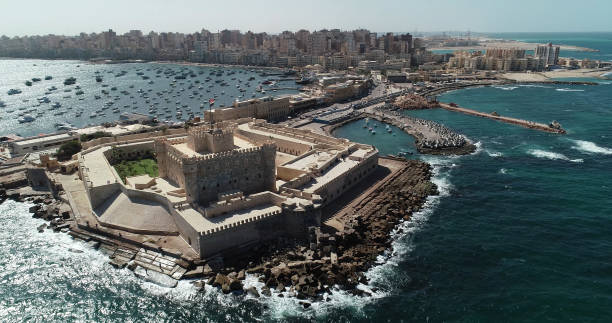
- Alexandria’s programme includes art festivals and cultural fairs to highlight the city’s Mediterranean heritage. Additionally, conferences, roundtables and seminars on Mediterranean youth, culture, industry, and digitalisation will aim to enhance regional dialogue, and visits to different parts of the city will be key to showcase its diversity, heritage, and ties to the Mediterranean.
- Many art and culture festivals will host artists, intellectuals, and creators from other Mediterranean countries to exchange experiences and ideas, introduce the public to diverse cultures and artistic expressions, and enhance understanding and cooperation between Mediterranean countries. Alexandria will also work to exchange practices and ideas with Tirana in various fields such as culture, tourism, economy, youth, and technology, and has proposed a partnership programme to ensure the collaboration of the two capitals.
- Independent artistic and cultural associations in Alexandria and its surrounding areas will be actively involved in cultural and art events, and 90% of civil society activities will be open to the public for free. Public cultural and youth organisations will also take part in the programme to strengthen its inclusiveness.

